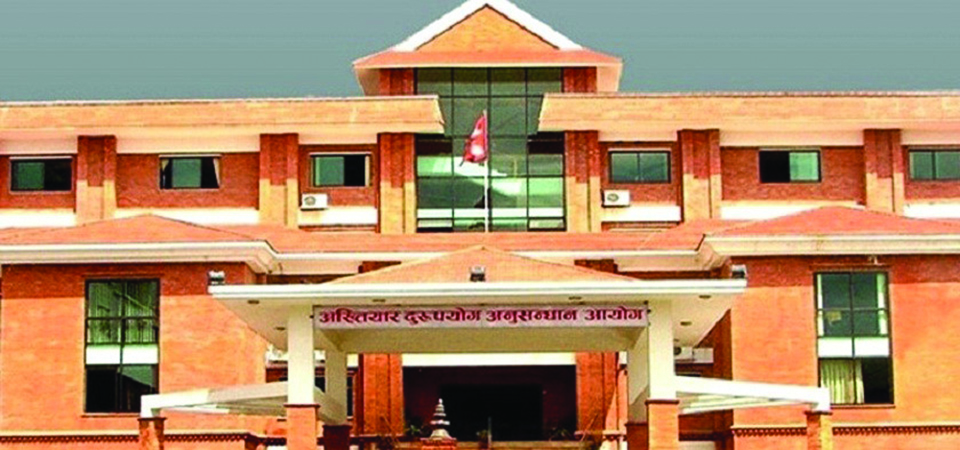Kathmandu: The Commission for the Investigation of Abuse of Authority (CIAA) has raided the Department of Passport (DoP) following allegations of irregularities linked to server hacking and issues in the printing of e-passports. The raid, conducted last Thursday, resulted in the seizure of all relevant documents, according to CIAA sources.
The investigation centers on a Rs 12 billion tender for the printing of e-passports and financial misconduct in the selection of IDEMIA, a company tasked with printing 2 million e-passports. Concerns have been raised about the DoP repeatedly acquiring 3.1 million passport variations from IDEMIA, which exceeded the original agreement.
Reports allege that IDEMIA, responsible for the DoP’s software management, deliberately created system issues to influence the tender process in its favor. On November 28, the DoP issued two tenders, one containing a clause allowing acceptance if a single company fulfilled both criteria. The clause reportedly targeted IDEMIA, which has managed Nepal’s passport printing for over a decade. Technical issues in the passport system were resolved soon after the tender was issued, raising suspicions of manipulation.
Further allegations claim IDEMIA representatives pressured DoP officials and influenced tender specifications. Sources reveal that IDEMIA profited by printing variations of passports beyond the agreed contract, leading to financial losses for the government. The Office of the Auditor General highlighted irregularities in its 2080 BS report, noting a loss of $2.45 million due to additional passport orders.
The CIAA is also investigating the role of Siddhartha Pandey, IDEMIA’s representative in Nepal, in securing financial benefits. Pandey allegedly attempted to influence the investigation by approaching political figures, including Foreign Minister Arzu Deuba. The Foreign Minister was reportedly overseas during the developments.
DoP Director General Tirtha Raj Aryal has denied any connection between the tender process and system issues, stating that the tenders were issued in accordance with legal protocols and were unrelated to previous agreements. Despite these claims, government computer engineers have raised objections, accusing the DoP of tailoring specifications to favor IDEMIA, which is now positioned to print 6.4 million passports.
As the CIAA deepens its investigation, scrutiny intensifies over the financial and procedural misconduct in Nepal’s e-passport system, with potential repercussions for both the DoP and IDEMIA’s longstanding operations in the country.
